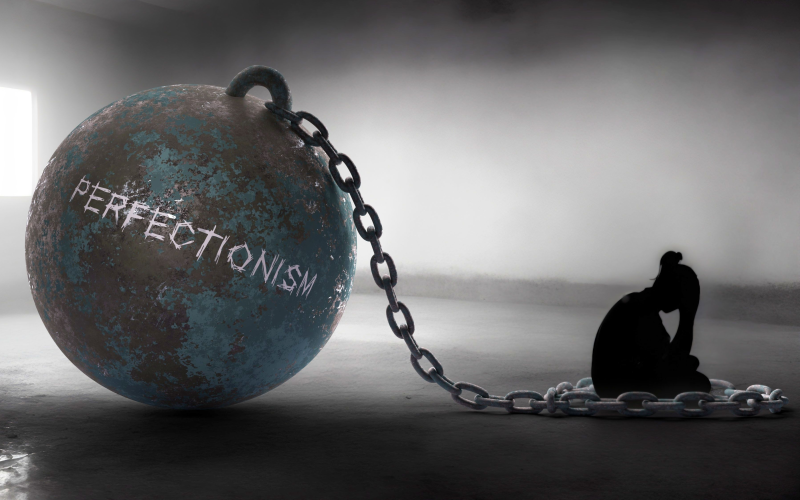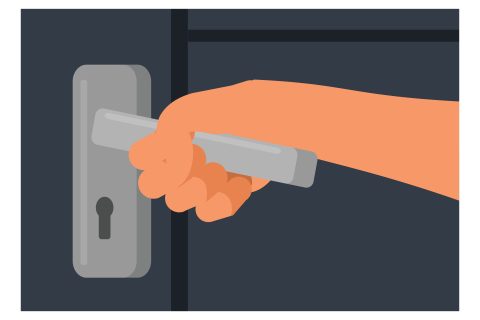Social media pressures to look and be the best can be crushing — but it doesn’t have to be this way. Thomas Curran, professor of psychology at the London School of Economics, joins host Krys Boyd to discuss how freeing ourselves of the drive to be perfect can actually make us better at our jobs and in life. His book is “The Perfection Trap: Embracing the Power of Good Enough.”
Failure is especially tough for perfectionists
By Aislyn Gaddis, Think Intern
You might think perfectionism leads to the best results. I mean, “perfect” is part of the word, right? But the reality is, that’s not exactly true.
“More time on task equals more performance, right?” guest Thomas Curran said. “Well, interestingly, if you look at the data there are negligible to nonexistent relationships between perfectionistic tendencies and performance.”
He says there are two reasons for this.
“One, perfectionists do work hard, but they work unsustainably hard,” Curran says. “Over time, what we tend to see is a kind of declining or inverse relationship between extra effort and output. Why? Because they sacrifice [other] areas of their life: rejuvenating time with friends, exercise, good diet, good sleep, etc.”
According to Curran, there’s a very strong correlation between perfectionism and burnout. Also, perfectionists don’t respond well to difficulty or failure.
He told us about a study that gave subjects a biking goal to complete over a month. After time was up, reachers told the subjects they didn’t quite meet the goal and to try again, regardless of how they actually did.
While non-perfectionists’ results stayed the same or even improved, on the second try, perfectionists’ results plummeted.
“The perfectionistic people, when they’re asked to have another go, their efforts fall off a cliff because of the shame. Their embarrassment is so severe, so intense, after that first phase they just don’t want to feel those feelings again,” Curran said. “And in their minds, you can’t fail at something that you don’t try.”
Curran says that as soon as perfectionists meet a challenge or have difficulty with something, they do everything they can to avoid it.
“It’s not just avoidance, procrastination is a huge signature of the perfectionist person,” he said. “But of course, we just do damage with the passage of time. And again, these things — this withdrawal, this procrastination — are in no way conducive to performance or success.”
To learn more about why perfectionism might be hurting instead of helping, listen to the podcast above.





